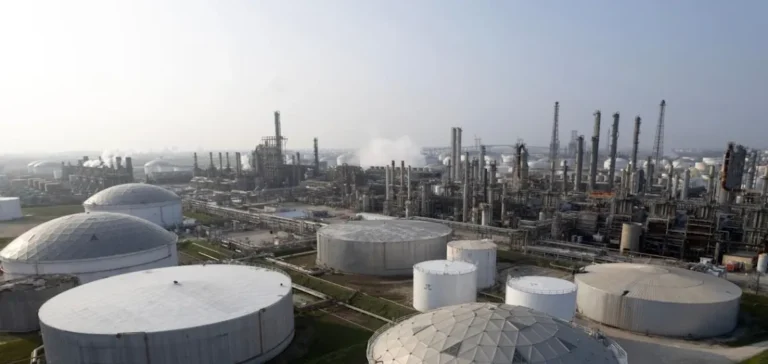U.S. commercial oil stocks recorded an unexpected increase of 7.1 million barrels for the week ending July 4. This rise, revealed by the U.S. Energy Information Administration (EIA), occurred while analysts had expected a decrease of around 1.6 million barrels, according to estimates gathered by Bloomberg. In total, commercial stocks, excluding the strategic reserve, amounted to 426 million barrels.
Statistical adjustment to blame
This increase is largely attributed to a statistical adjustment, as the EIA regularly revises data from previous weeks. For this period, approximately 788,000 barrels per day were added to the U.S. market volumes, a correction unrelated to the activity during the reported week.
Export and production trends
Crude oil stocks at the Cushing, Oklahoma, hub, the primary delivery point for West Texas Intermediate (WTI) crude, rose by 500,000 barrels. Meanwhile, crude oil exports surged by 19.61%, while imports fell by 13.09% compared to the previous week.
Refinery activity and crude production
U.S. refineries maintained an operating rate of 94.7%, a slight decrease from the previous week’s rate of 94.9%. Crude oil production declined to 13.38 million barrels per day, down from 13.43 million barrels per day the prior week.
Impact on oil prices
This unexpected rise in oil stocks has implications for oil prices. Although demand appears to support consumption, with refined products increasing by 1.85%, oil prices remain stable. As of 15:00 GMT, the price of Brent crude for September delivery fell by 0.01% to $70.14, while WTI for August delivery edged up by 0.02% to $68.34.






















